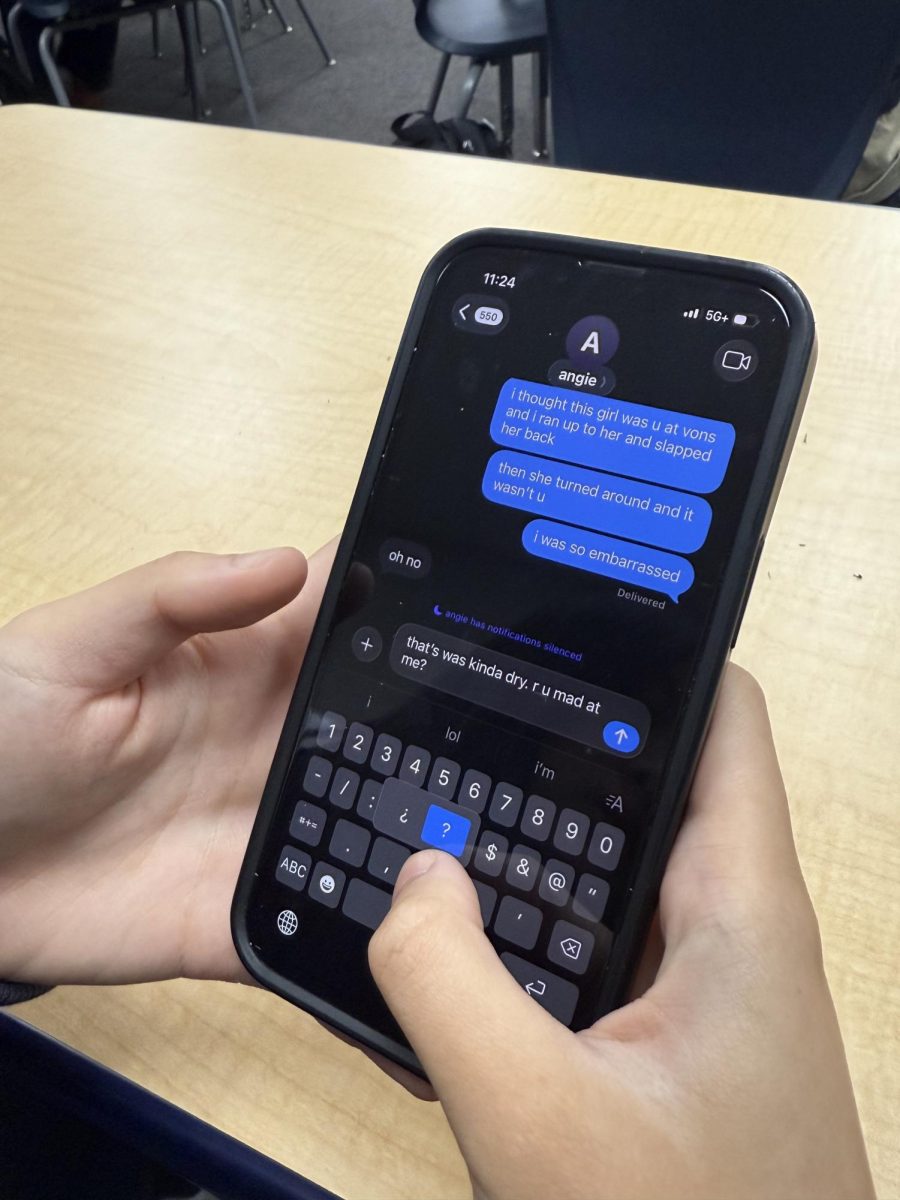From Celine Dion’s “My Heart Will Go On,” with the lyrics “Love can touch us one time and last for a lifetime,” to the movie “Anyone But You,” a romantic comedy that turns enemies into lovers at a destination wedding, media promotes false impressions about love and glorifies relationships as being intense, eternal and meant to be.
These romanticized expectations are far from realistic. Especially with the addition of social media, dating has turned into a performance and romance into content for “likes,” affecting real-life relationships. If you browse through TikTok, Instagram or Snapchat, you can easily find a multitude of posts of couples following viral couple trends in coordinated outfits, fancy celebrations and romantic confessions. Sometimes, couples post affectionate messages meant for each other to the public to see. Though sweet, I can’t help but wonder if these displays have become a need for public validation rather than a meaningful interaction.
People often romanticize relationships to cope with what’s emotionally missing, whether it is the fear of being single, insecurity or a need for companionship. Oftentimes, people are in love with the idea of finding a soulmate, ignoring actual attraction toward their partner. Instead of building real connections, they form their relationships through surface-level ideals, often leading to disappointment. According to the Gottman Institute, when the “honeymoon phase,” the early period of the relationship, eventually fades, those seeking a perfect romance are sorely disappointed.
However, not all love has to be fragile and superficial. I learned this when I met a widow while working as a floral shop assistant over the summer; she would come in every Wednesday morning to pick the freshest and brightest marigolds for her husband’s grave. That had been her way of cherishing her late husband’s memory for the last 17 years. She made me realize that devotion doesn’t have to be expressed through grand gestures but rather lies in small, constant acts that often go unnoticed.
While having a hopeful outlook on future relationships is not inherently bad, idealizing romance is unhealthy for any relationship. We need to realize that our partners are not perfect, and all relationships have their challenges and conflicts. Relationships should be about trust, respect and open communication, built on genuine connection and small moments together rather than the over-the-top acts we see on social media, movies, songs or books.







